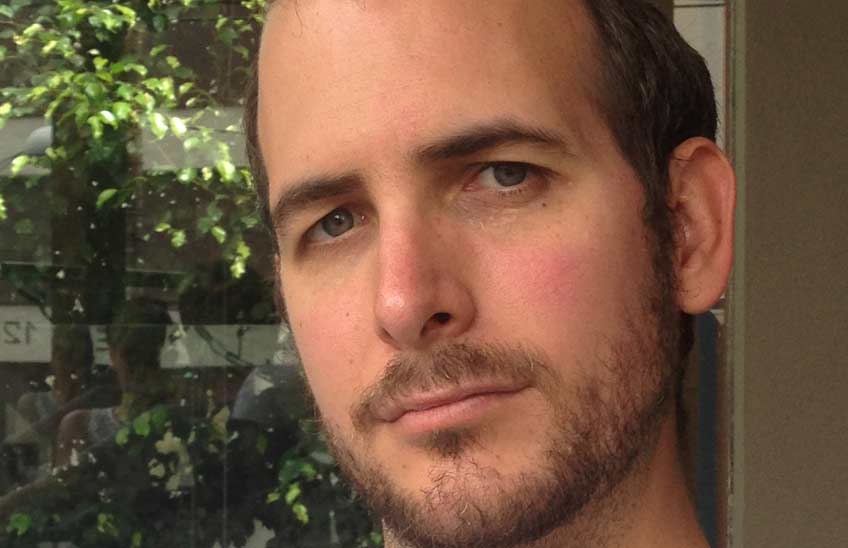"The catastrophes caused by global warming (heat waves, fires, droughts) cannot be considered fortuitous, they are the result of human action".
The researcher Loris De Nardi joins the Institute for Culture and Society of the University of Navarra with a scholarship Marie Curie to study civil liability in the face of global warming.

FotoCedida/<br>Loris De Nardi es experto en Historia y en políticas públicas de gestión del riesgo de desastre.
14 | 06 | 2021
Loris De Nardi, researcher Italian from the Bernardo O'Higgins University in Santiago de Chile, joins the Institute for Culture and Society (ICS), research center at Humanities and Social Sciences of the University of Navarra, thanks to a scholarship Marie Curie, one of the most prestigious ones granted by the European Commission. She will work with the group de research 'Creativity and Cultural Heritage' of the ICS where she will develop the project 'LOWRISK: The role of civil liability reform in fire risk reduction in the Iberian Peninsula (18th and 19th centuries)'.
With his project, De Nardi wants to reaffirm the central role that liability reform could play in reducing risky behaviour responsible for global warming and related natural disasters. For example, heat waves, forest fires and droughts, among others. As the expert pointed out, we are living in the Anthropocene era: a geological period in which human activity is beginning to have a significant impact on the planet. For this reason, the catastrophes resulting from global warming cannot be considered fortuitous, but are the consequence of human action. "There is a need for a reform of civil liability to make it compulsory to face greater risk at the individual level," said researcher.
To understand how this liability reform can be developed, De Nardi will study a similar reform that took place during the 18th and early 19th century to reduce the risk of fire in the Iberian Peninsula and Latin America (former colonies of Spain and Portugal). "In the past, tort reform has played a decisive role in making society aware of a more prudent use of fire," he said.
In doing so, his research aims to demonstrate the important role that subject law reform can play in mitigating human impact on the environment. In addition, he will be able to expose the contributions of the historical report to perceive the potential risks of society's actions.
The Marie Sklodowska-Curie Fellowships are funded under the framework programme for research and development Technology (Horizon 2020) and are one of the most competitive and prestigious grants awarded by the European Commission. With them, the European Commission seeks to contribute to development of research by promoting degree program professional development of talented researchers.
Loris De Nardi is an expert in History, in comparison of European political and legal institutions and public policies of management disaster risk. He is currently researcher manager of network Geride: network International research centres on public policies of management disaster risk in Latin America, funded by the National Agency of research and development of Chile.
